Second gear, third gear, it doesn’t really matter.
Sometimes I’m wringing every last rev out of the Toyota GR86 on the way out of Anglesey Circuit’s imaginatively named The Hairpin.
Other times I’m dispensing with the time-consuming and chassis-unsettling third-to-second-to-third gearshifts on the way in and out of the 180deg right-hander to see if that makes a difference.
It doesn’t. The result is the same: ahead of me, my colleague Richard Lane in the Ford Focus ST with Track Pack (hence the race track we’re at) comes out of things further along the track than when we went in.
Some of that is the inevitable result of a specific time gap between two objects being a larger distance when they’re travelling faster, as gives the concertina effect when you’re watching racing cars enter and exit corners. But mostly he’s just extending the gap.
This is a circuit (and road) meeting of two cars that do similar things at a specific price point, something car mags have been doing since way before I started reading them.
But even the obvious tests, and I’m not sure this is one, keep bringing up little surprises to me even now.
Ford Focus ST Track Pack vs Toyota GR86: Pricing and specs
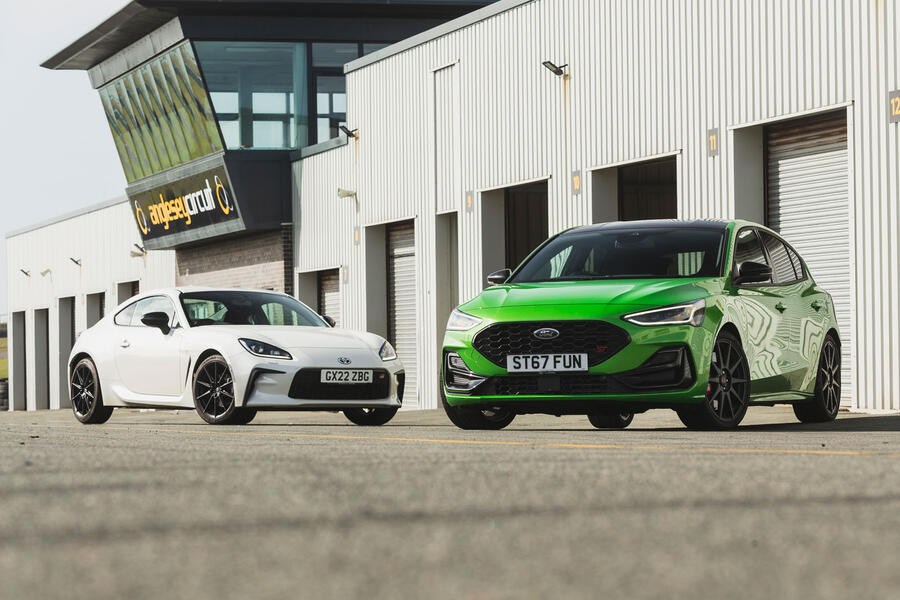
The thing that keeps tweaking my eyebrow upwards these days, but really shouldn’t be by now, is that this is, effectively if not officially, a £40,000 twin test.
The Focus ST Track Pack is actually a £40,000 car, with its near-£37,000 base price for this 276bhp 2.3-litre family-sized five-door hatchback bolstered by another £3000 for the new Track Pack.
Before the Focus’s recent facelift, elements of these mods were sold and known as the ST Edition, a rather limper name that understated a rather serious batch of changes.
Available on only the six-speed manual and hatchback rather than automatic or estate version of the Focus ST, the Track Pack brings 10%-lighter alloy wheels, bespoke Pirelli P Zero Corsa tyres and 10%-larger front brake discs than standard.
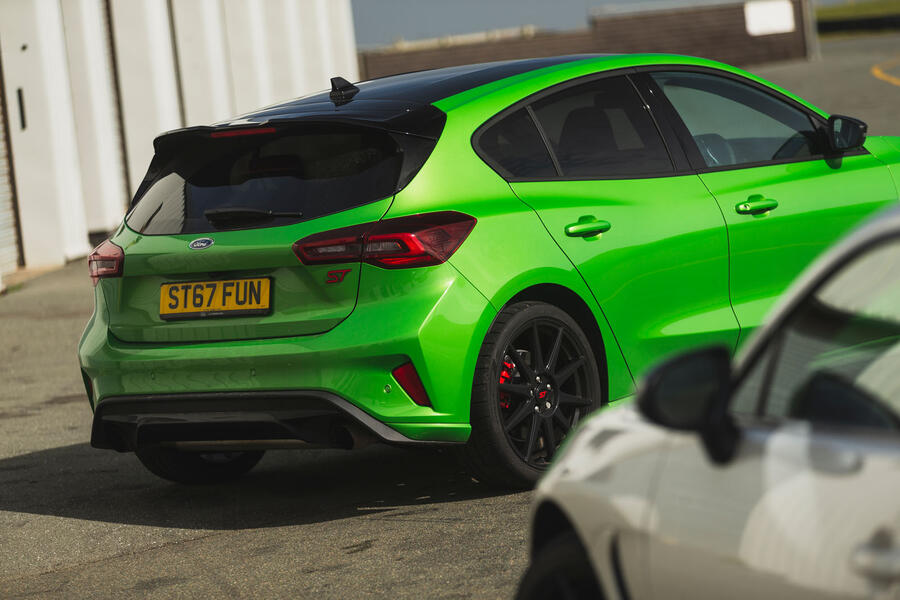
Then, most significantly, it also gets KW Automotive coilovers, which reduce the ride height by 10mm (and provide a drop in centre of gravity) and have adjustable damping settings – 12 stages in compression and 16 stages in rebound – which are accessible if you stick the car on a ramp and/or remove some trim.

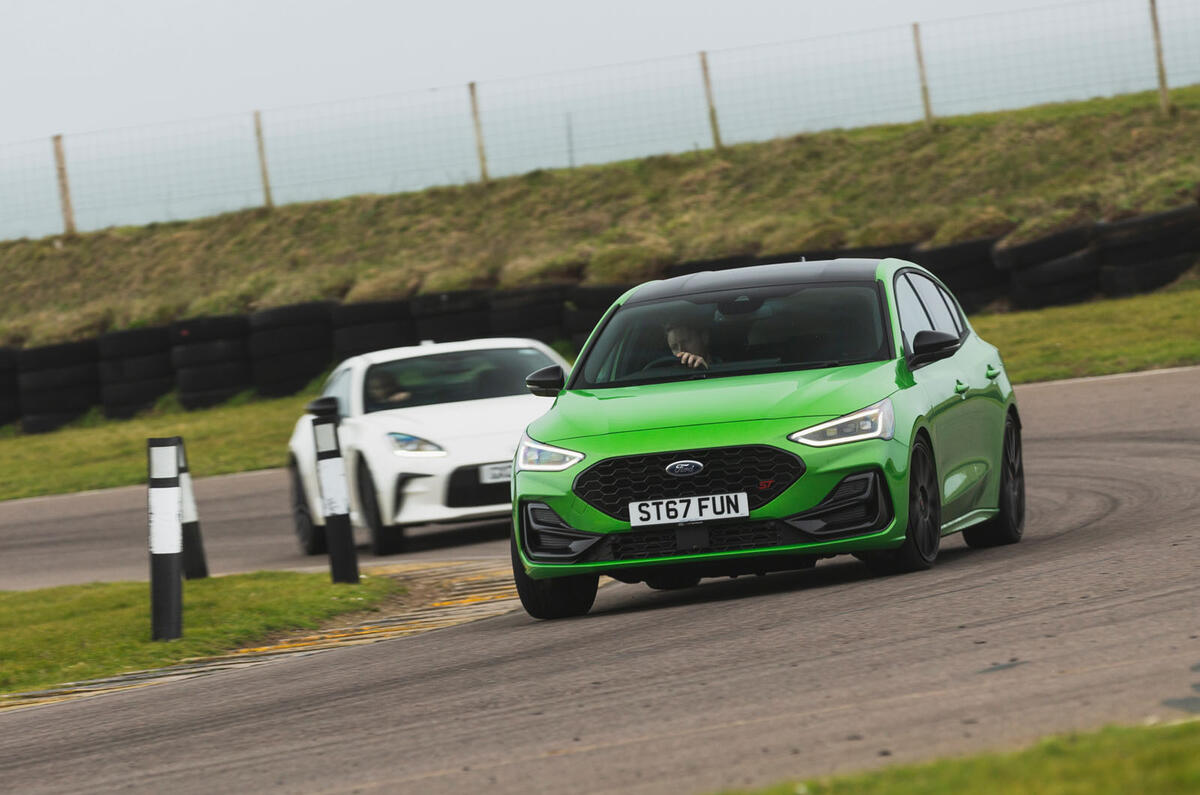
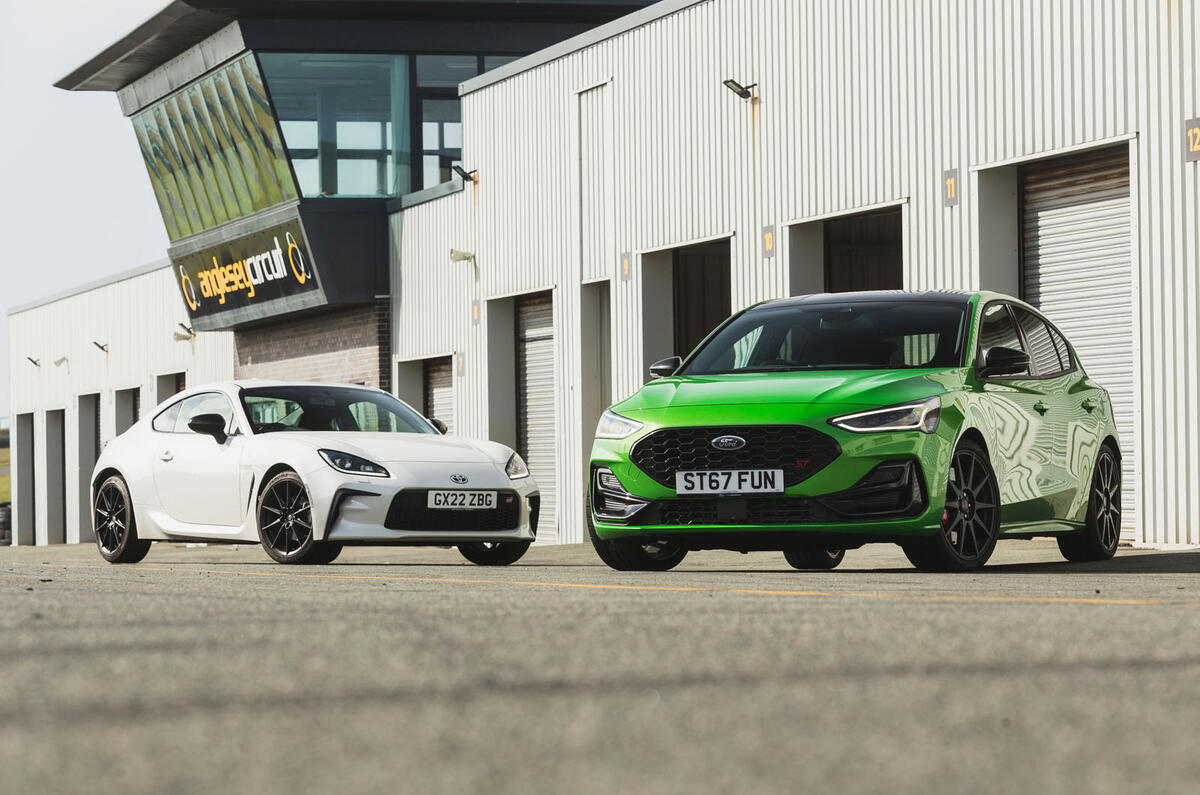
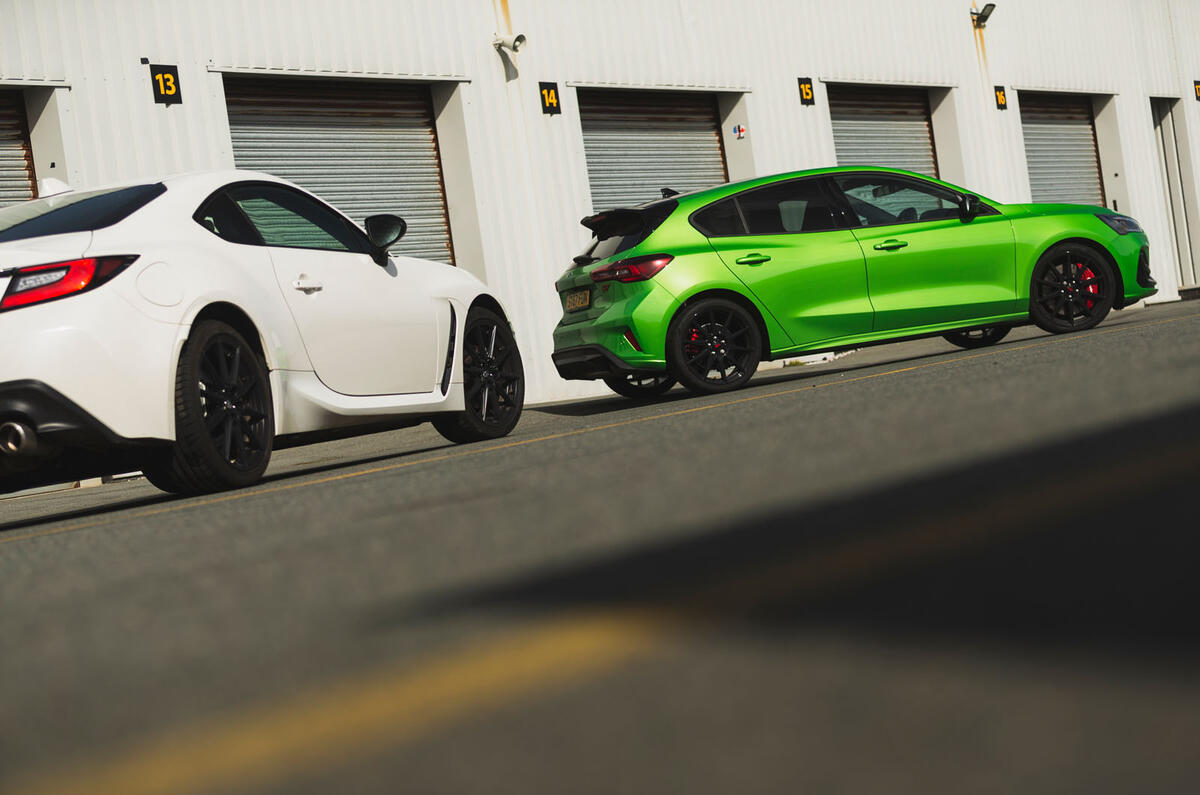
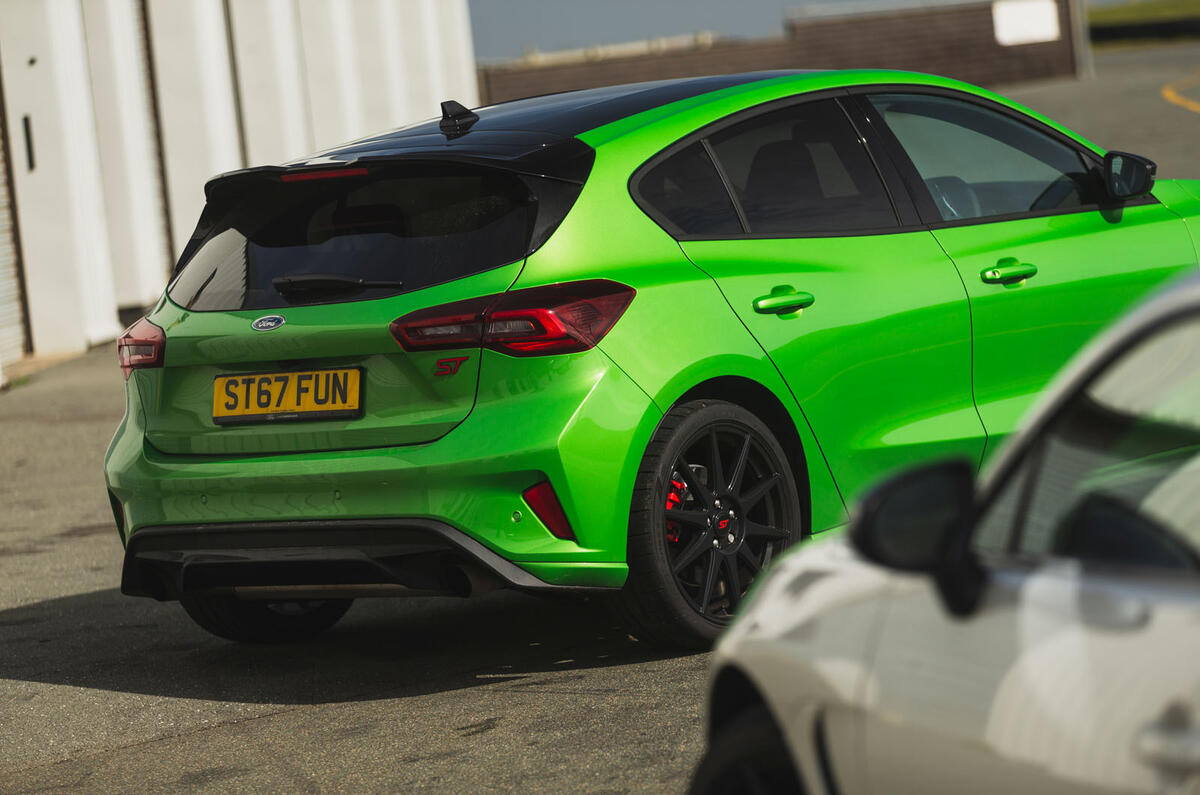
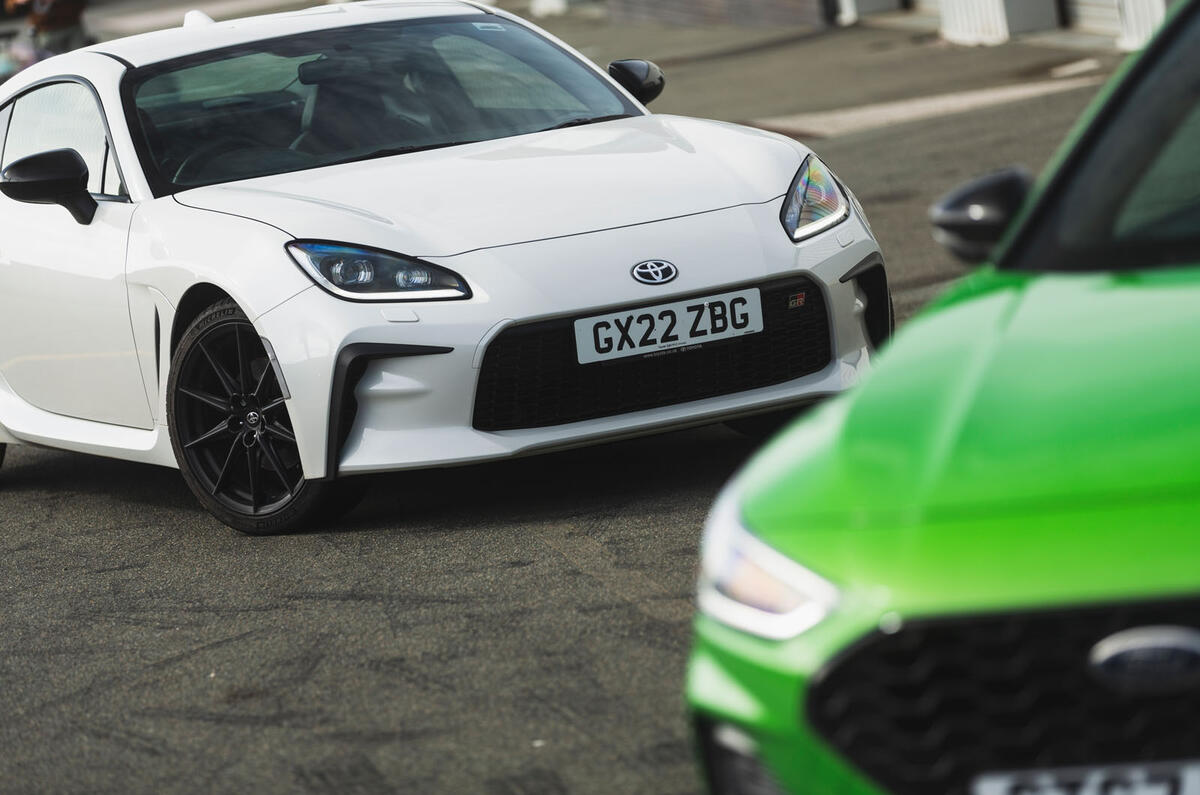
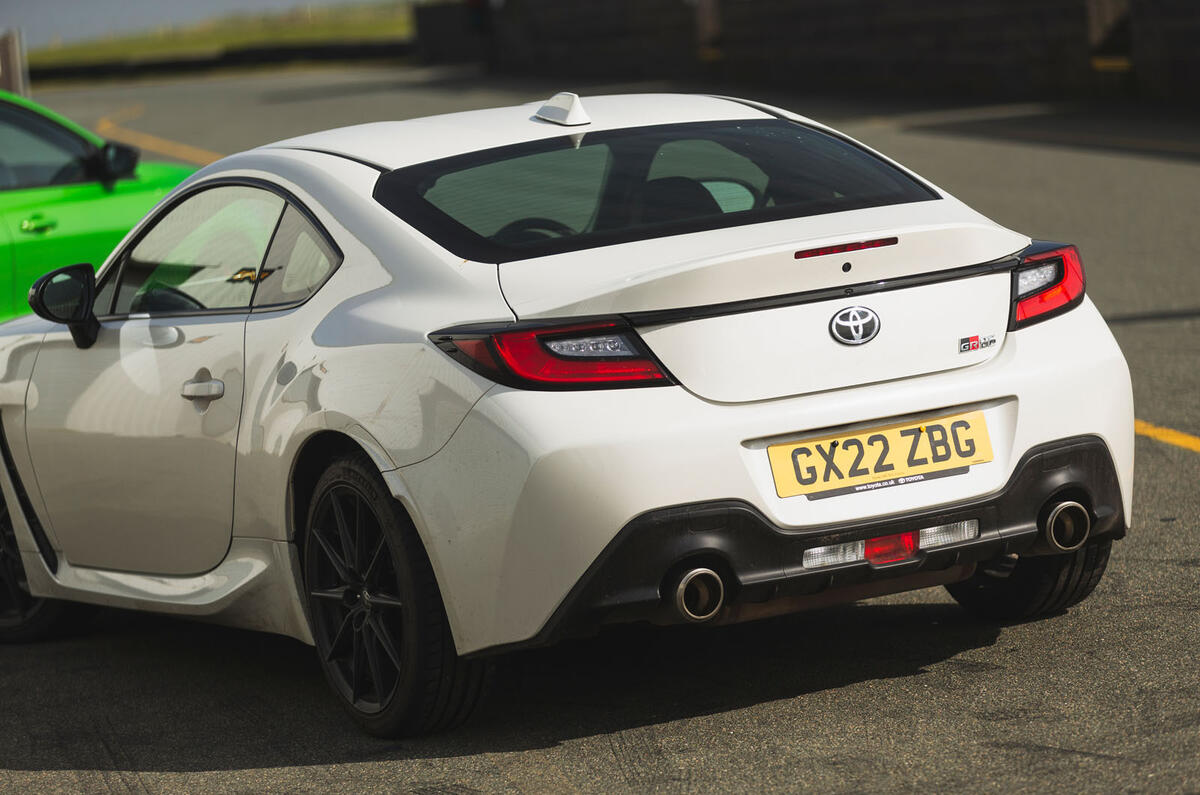
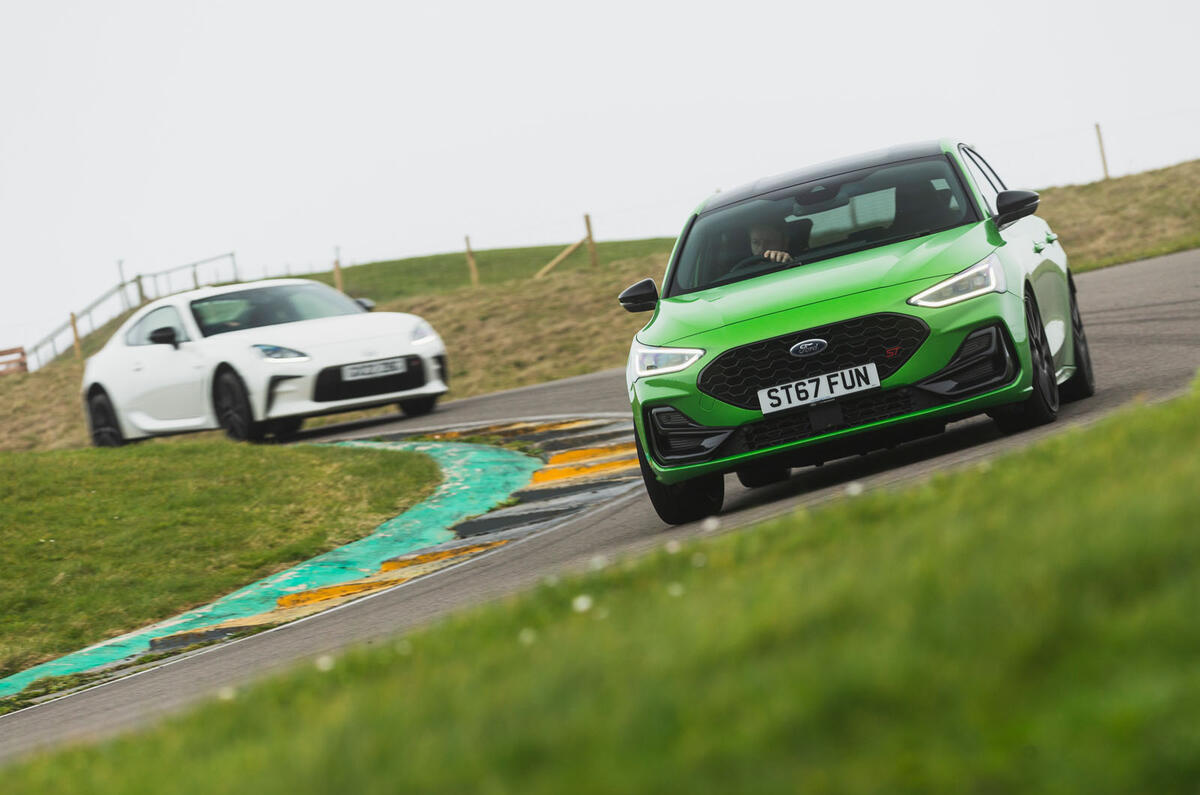
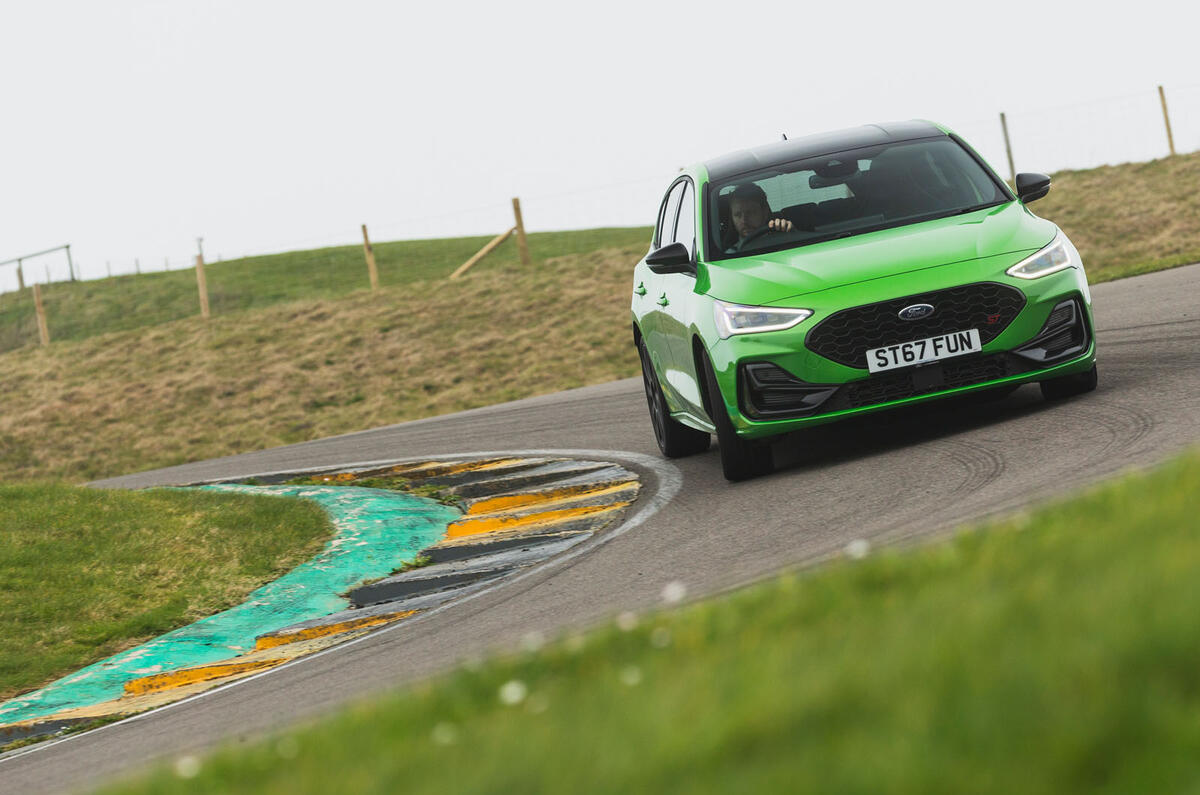
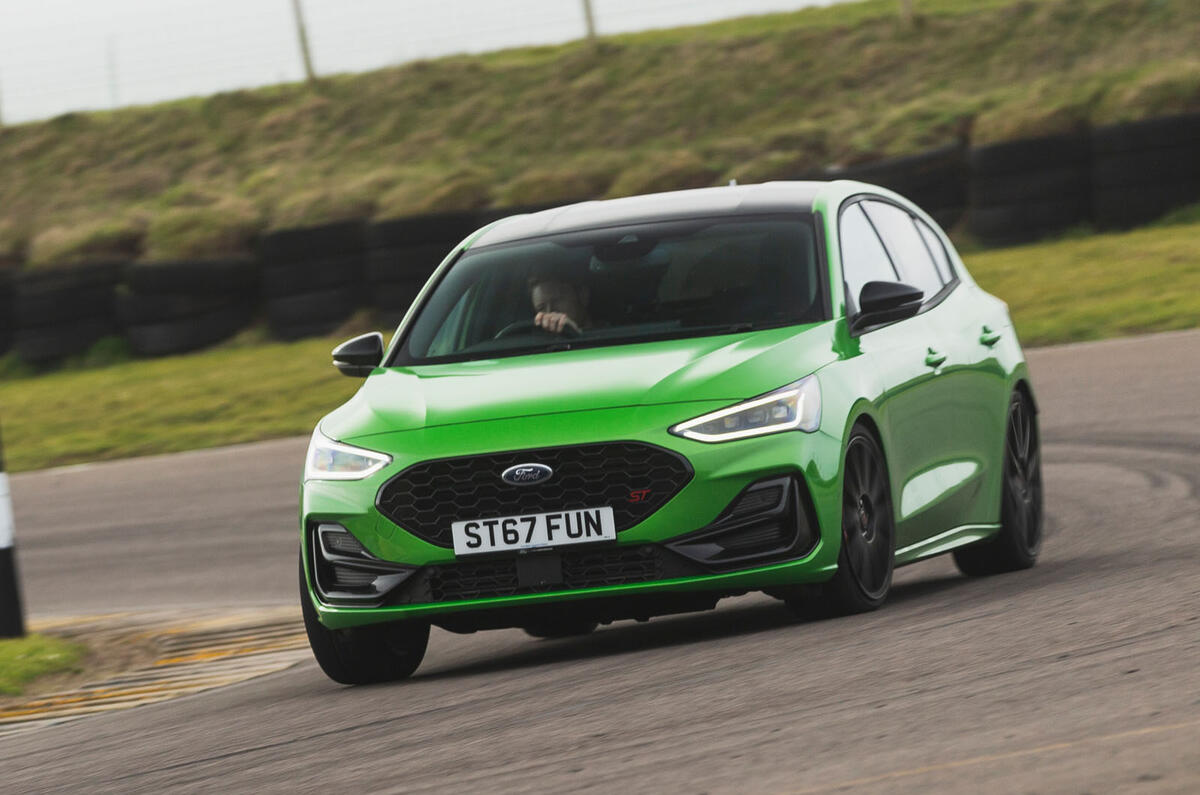
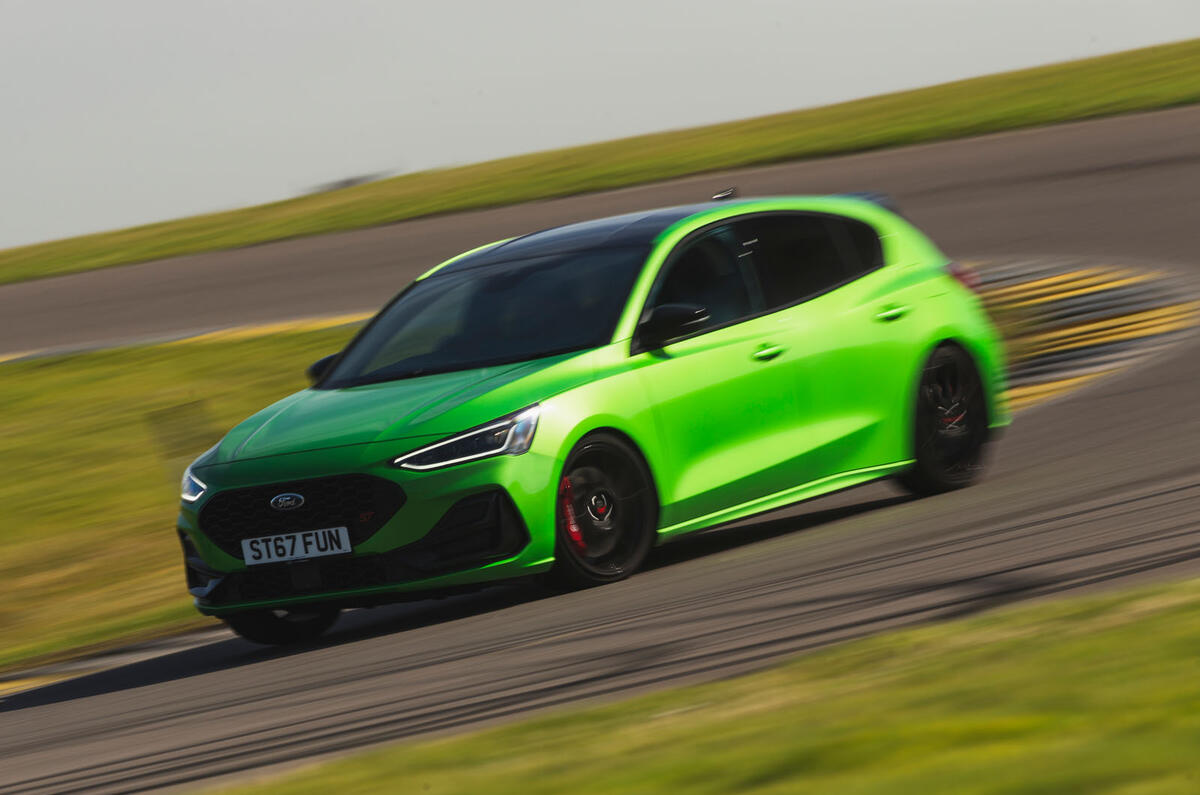
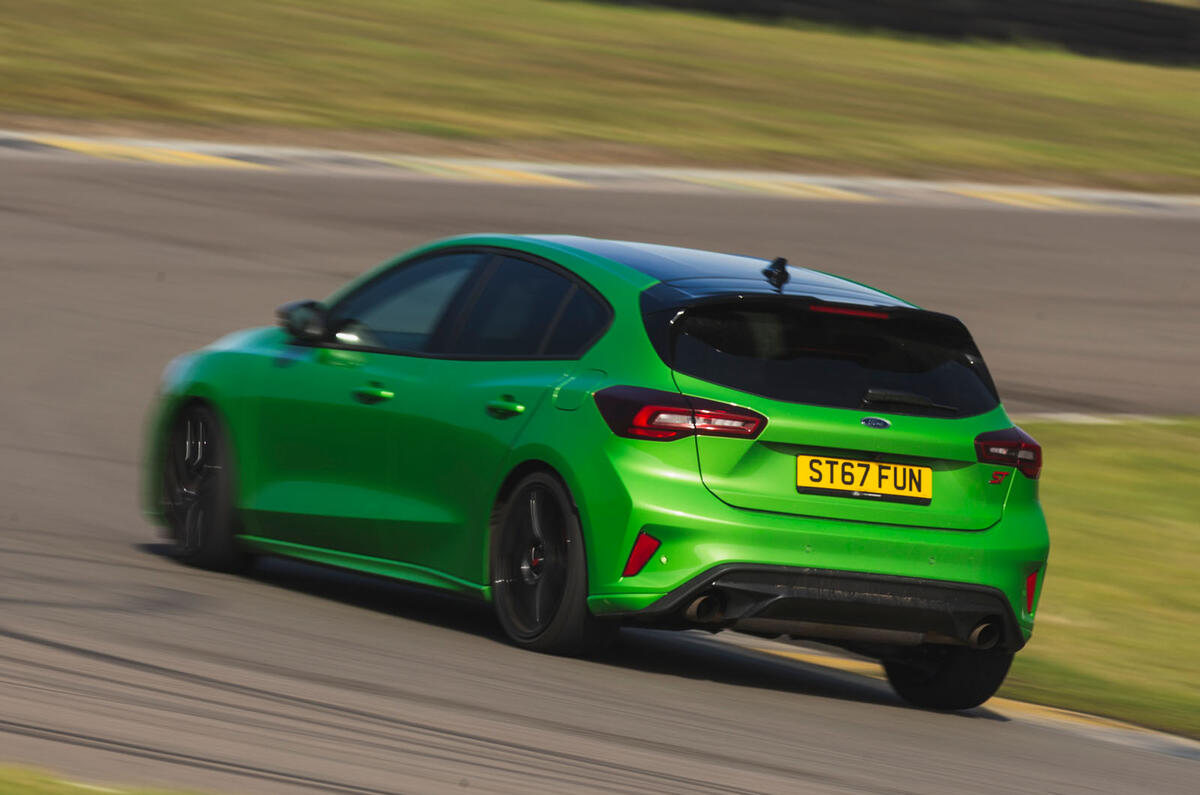
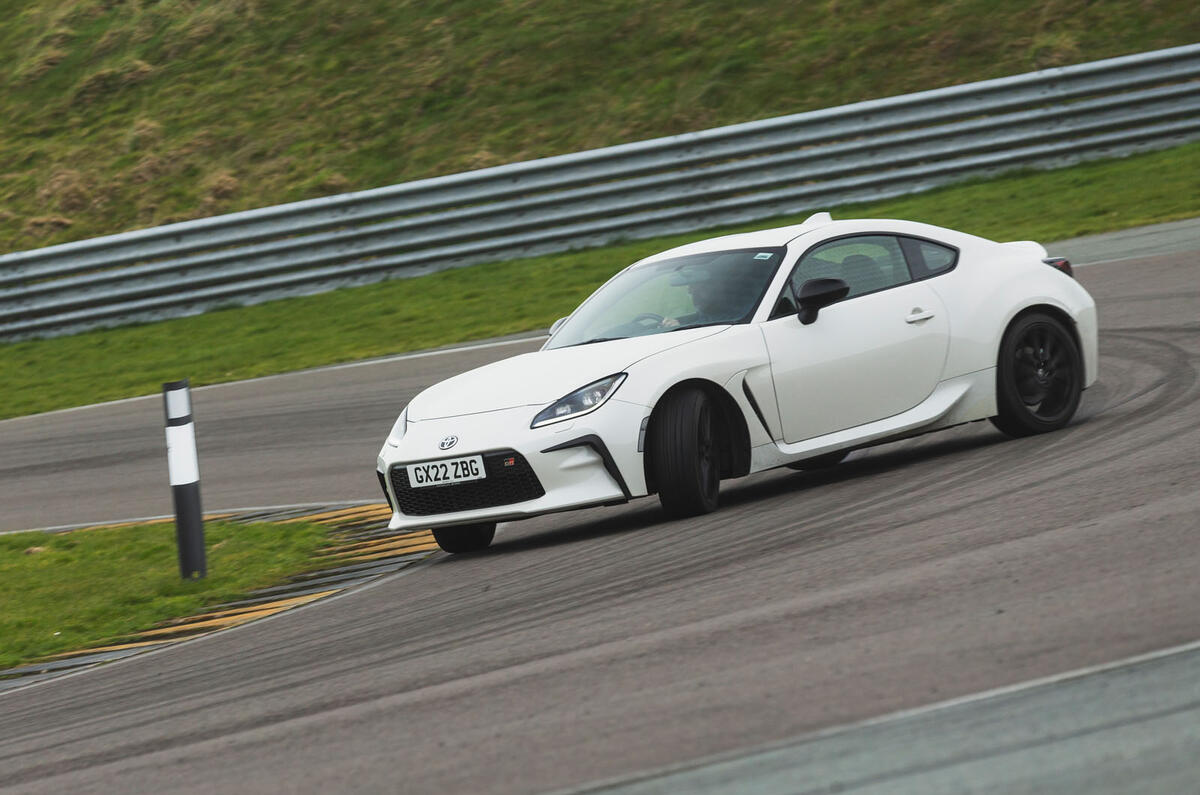
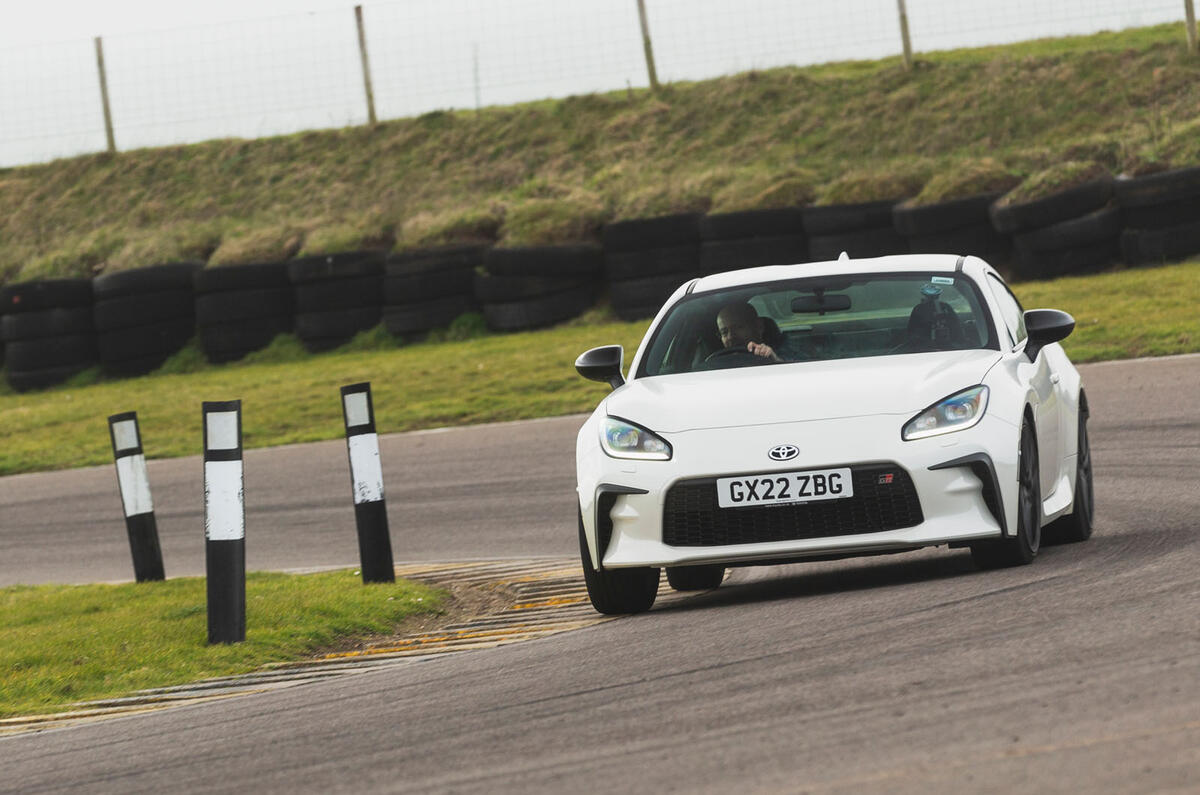
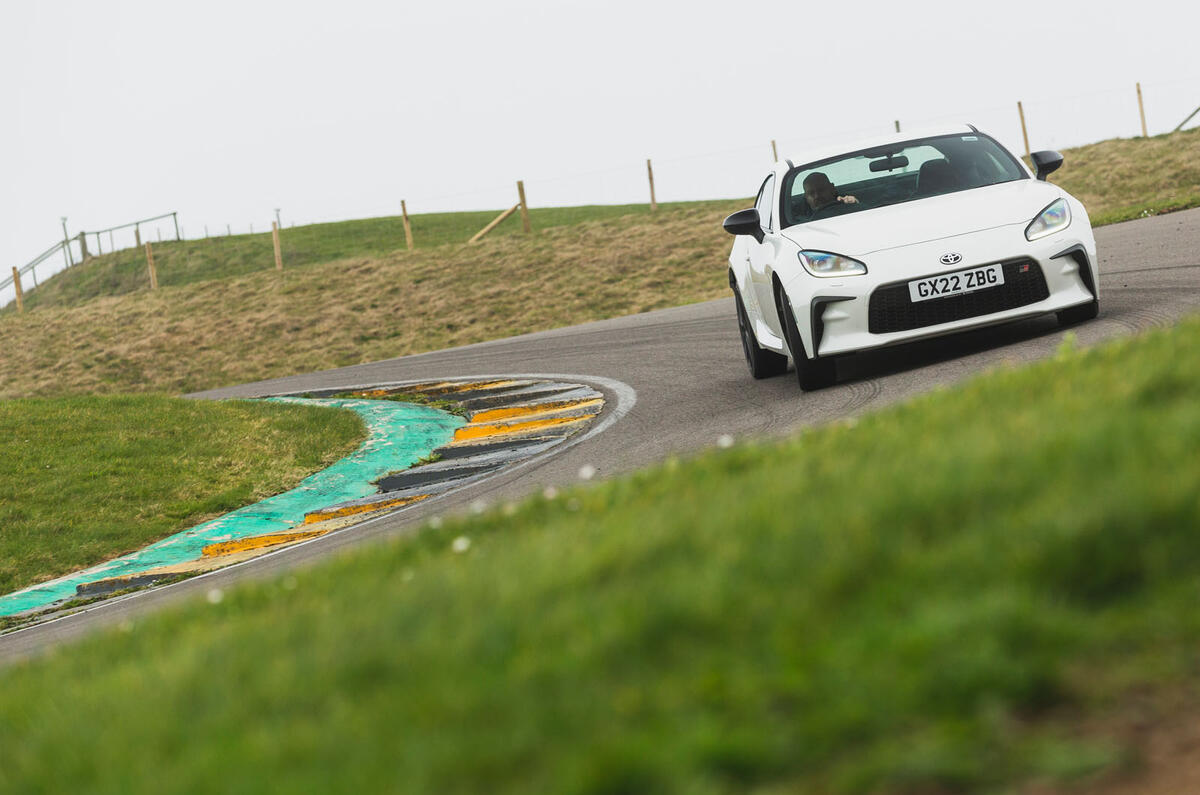

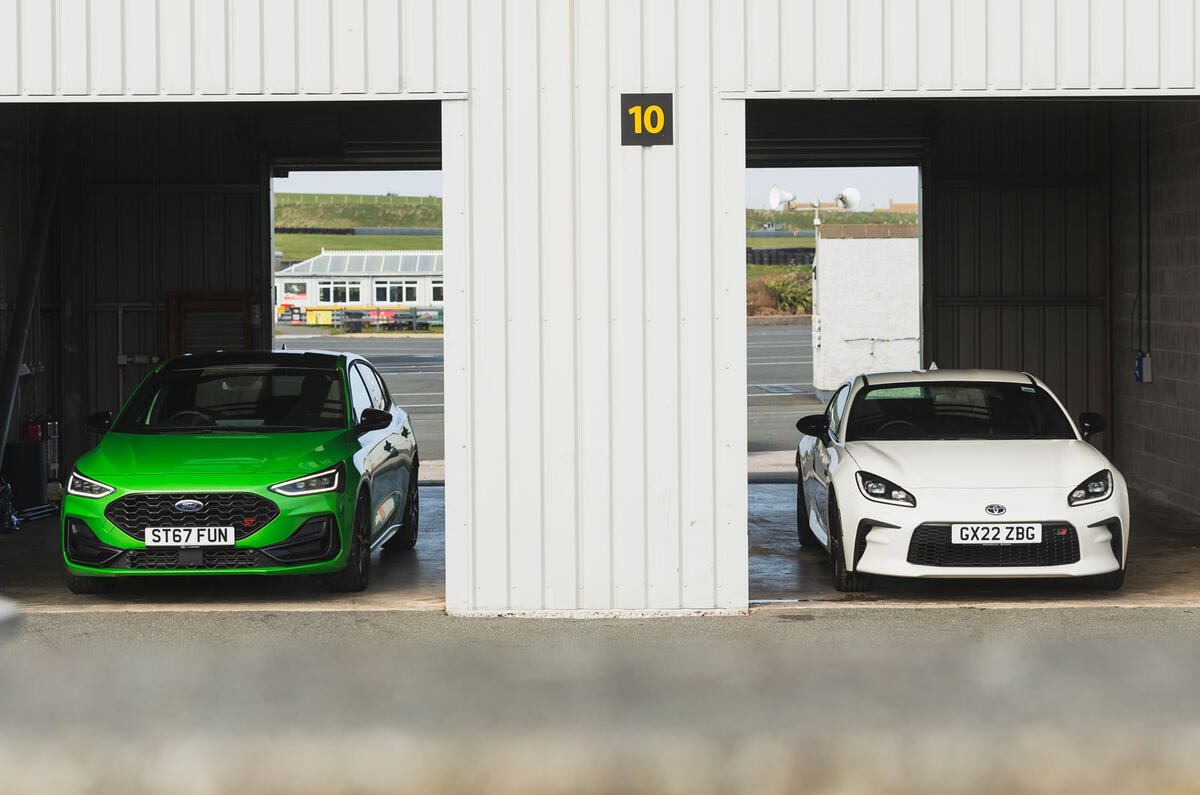
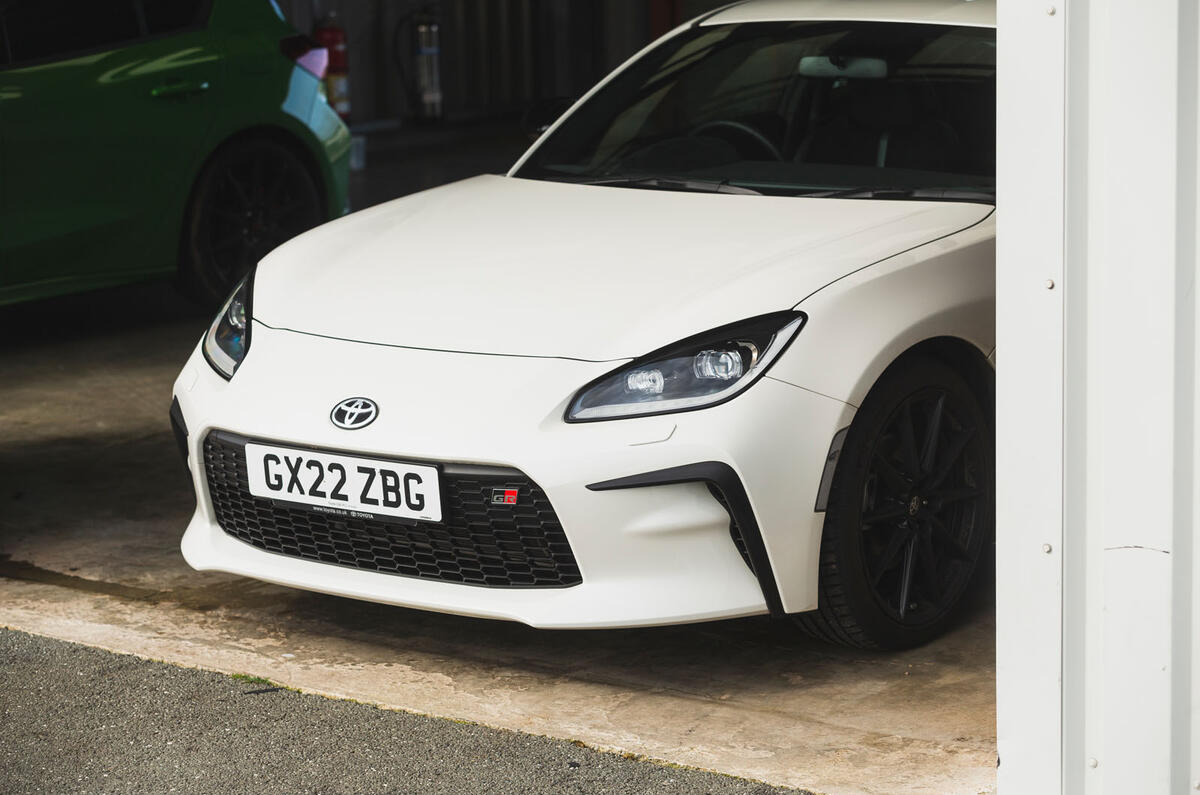
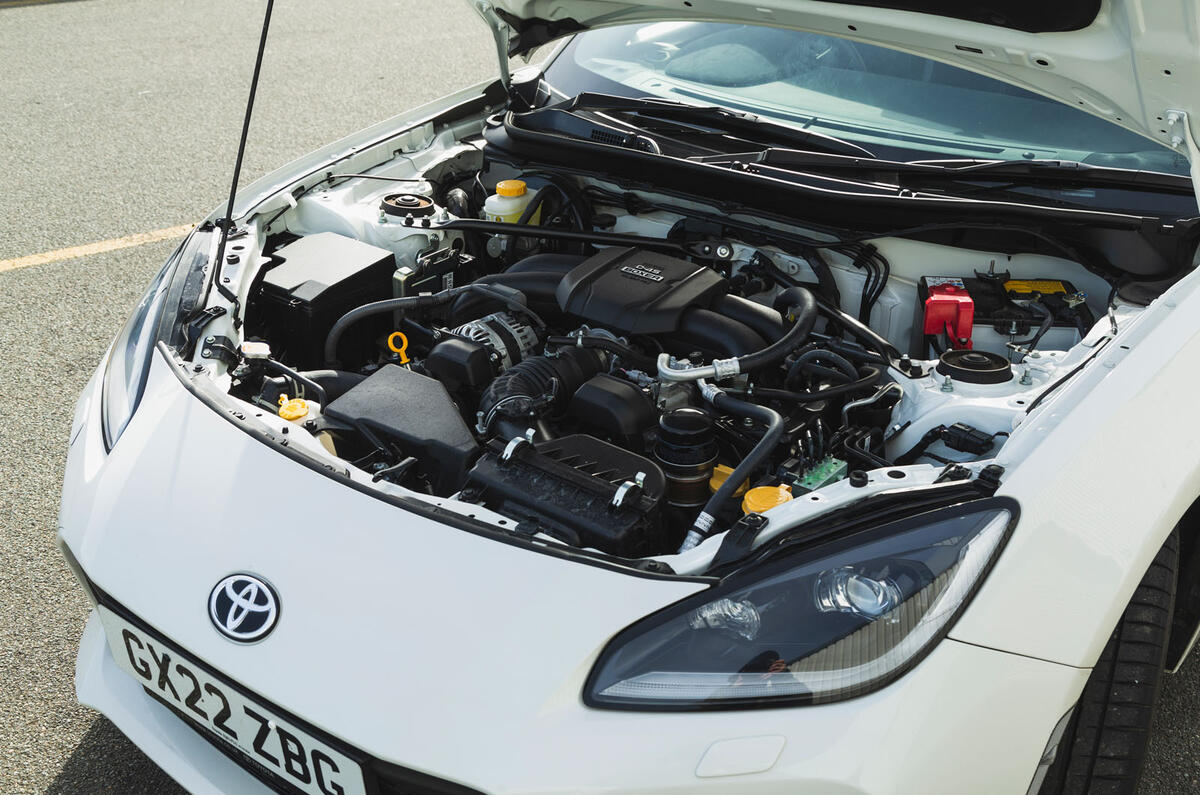
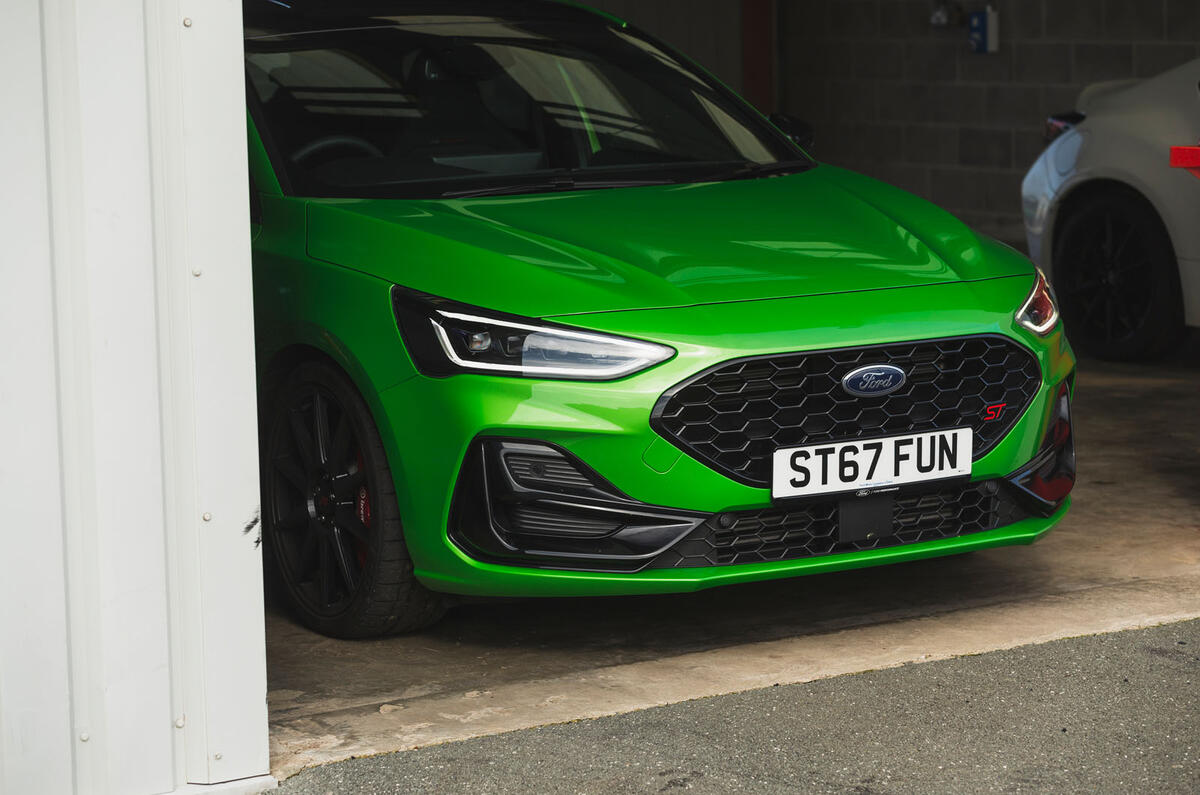
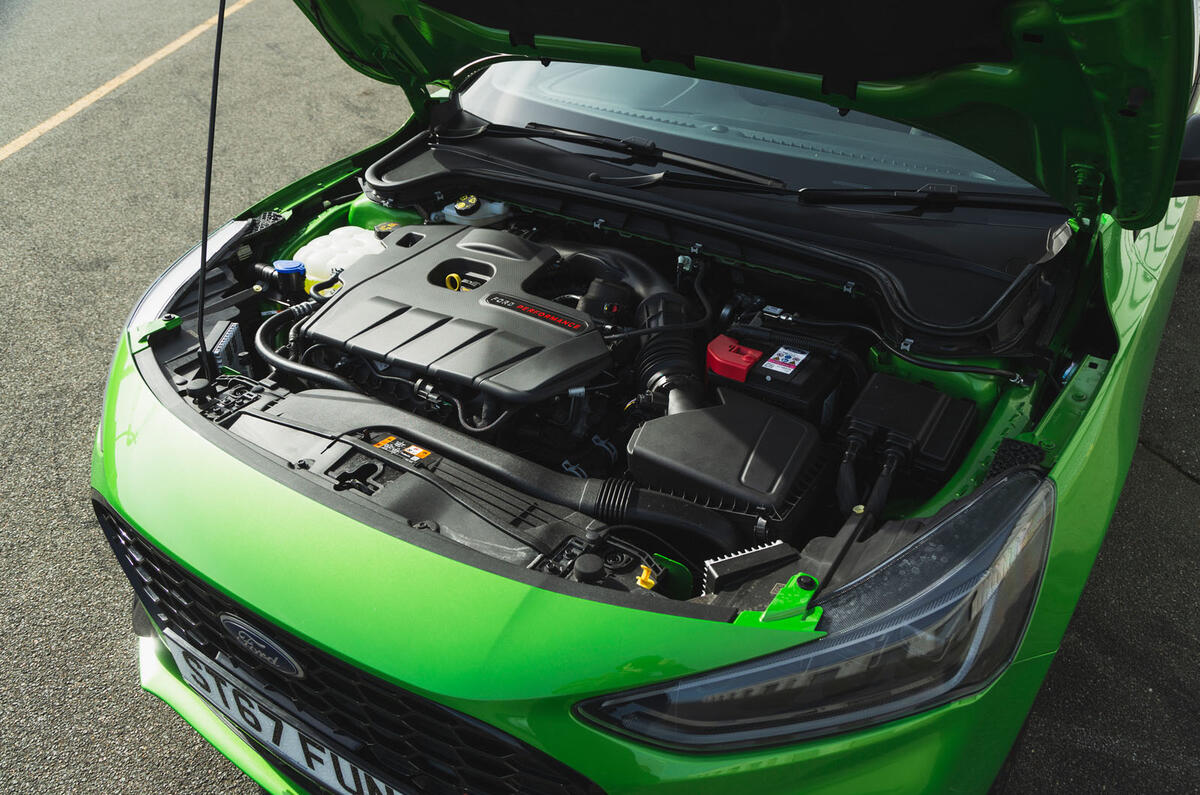



















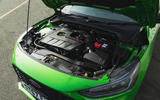

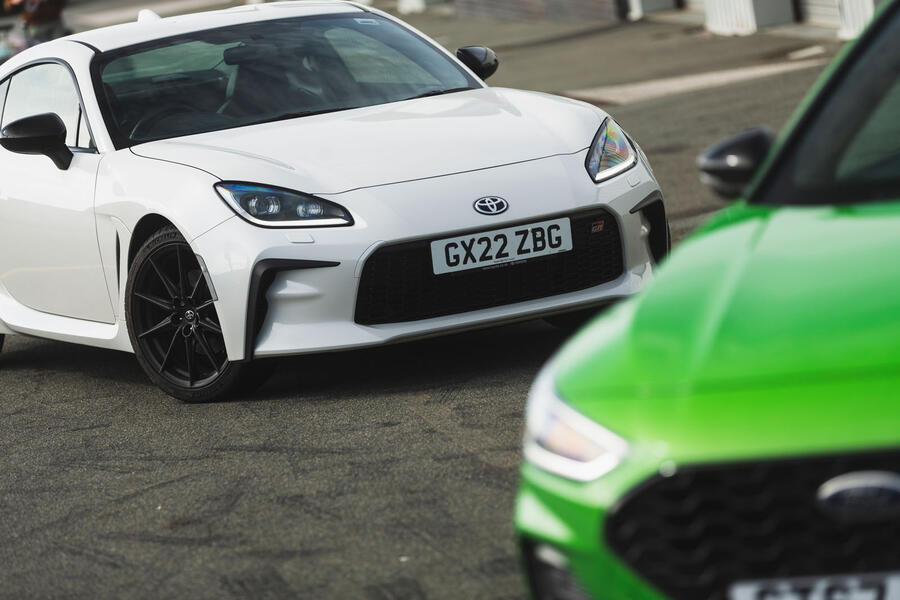
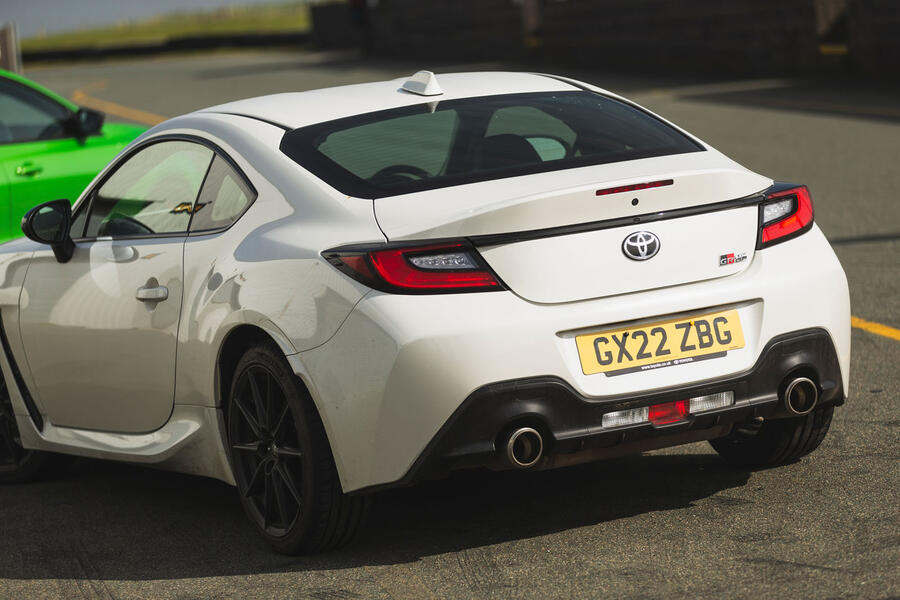
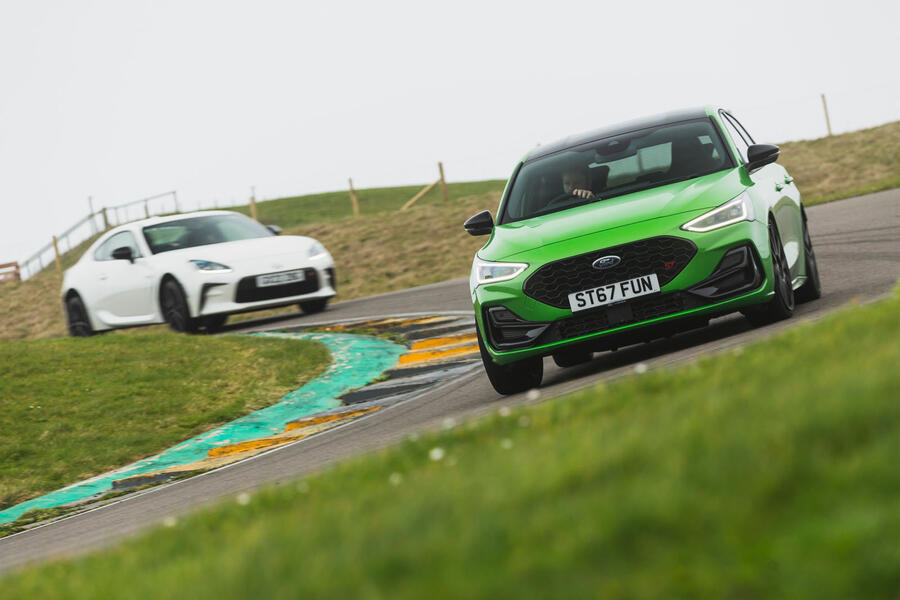
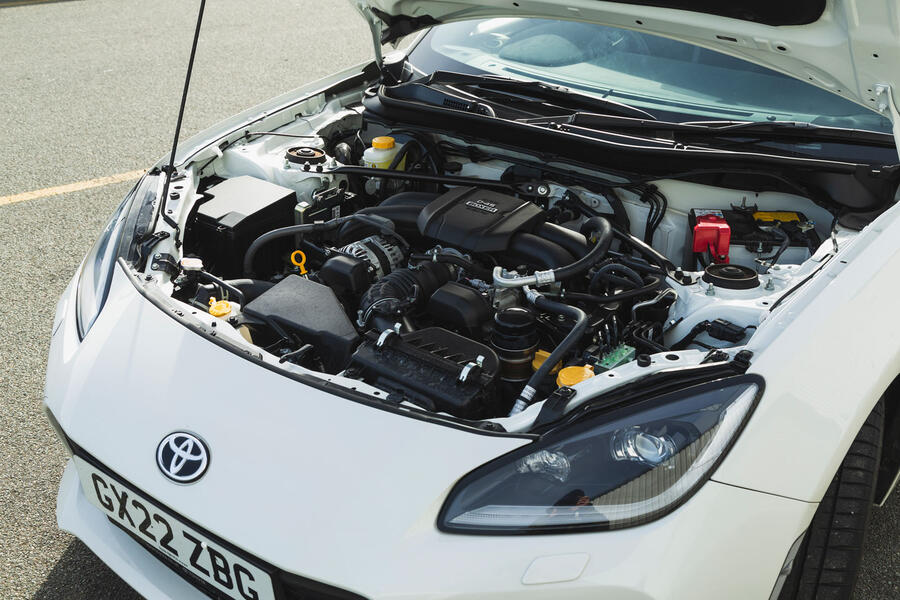
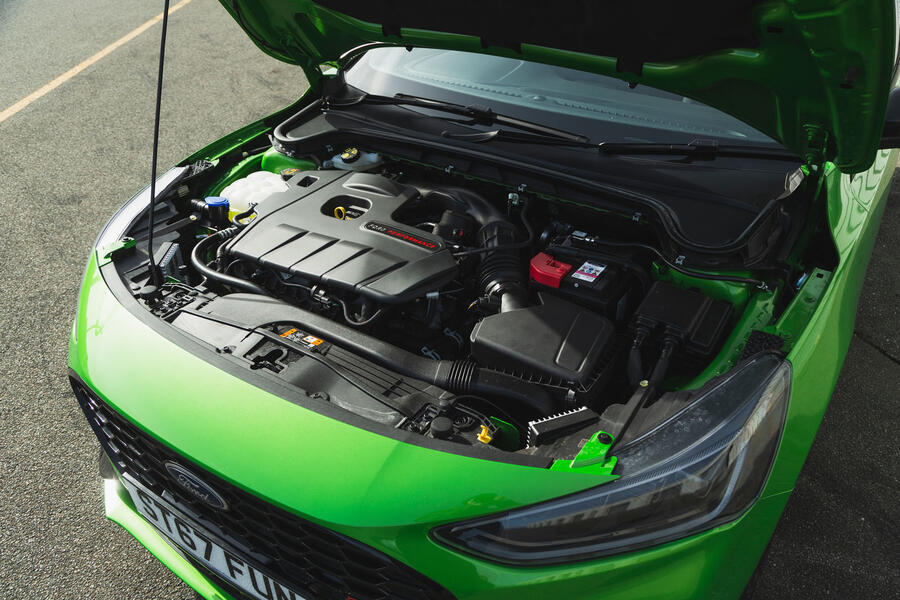
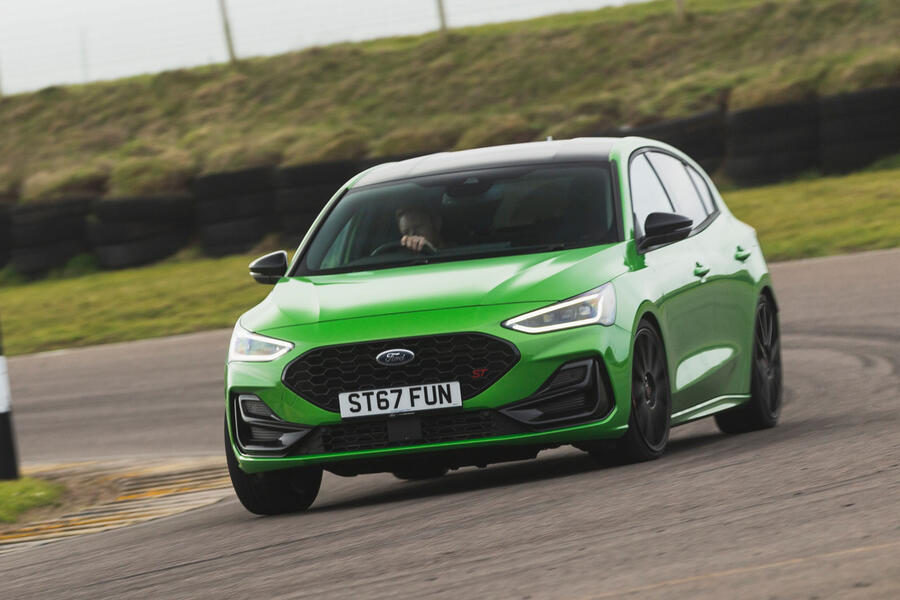
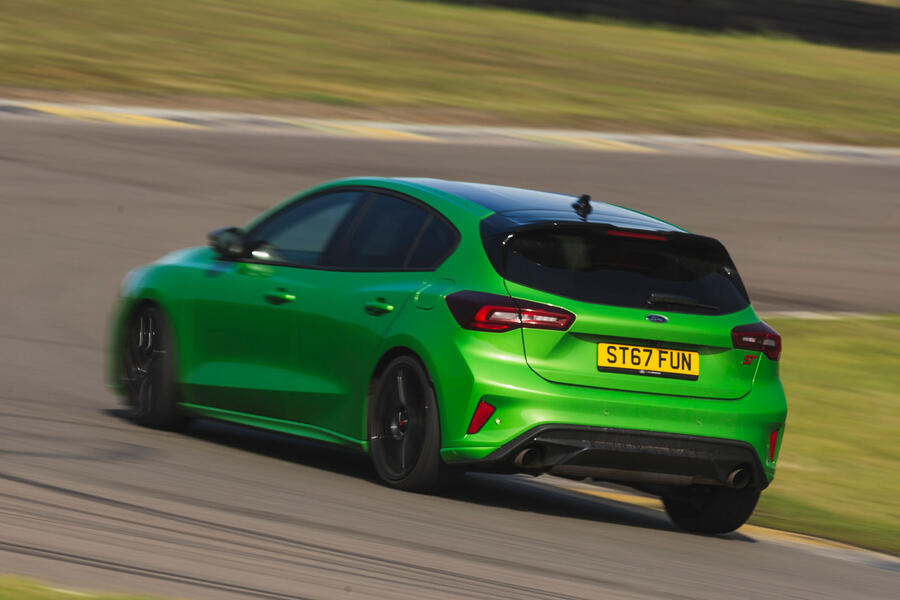
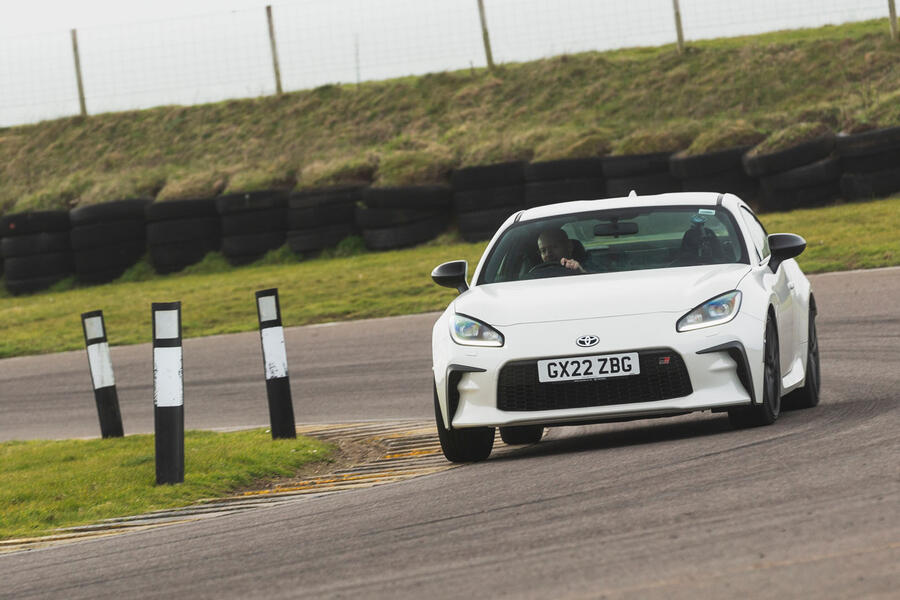
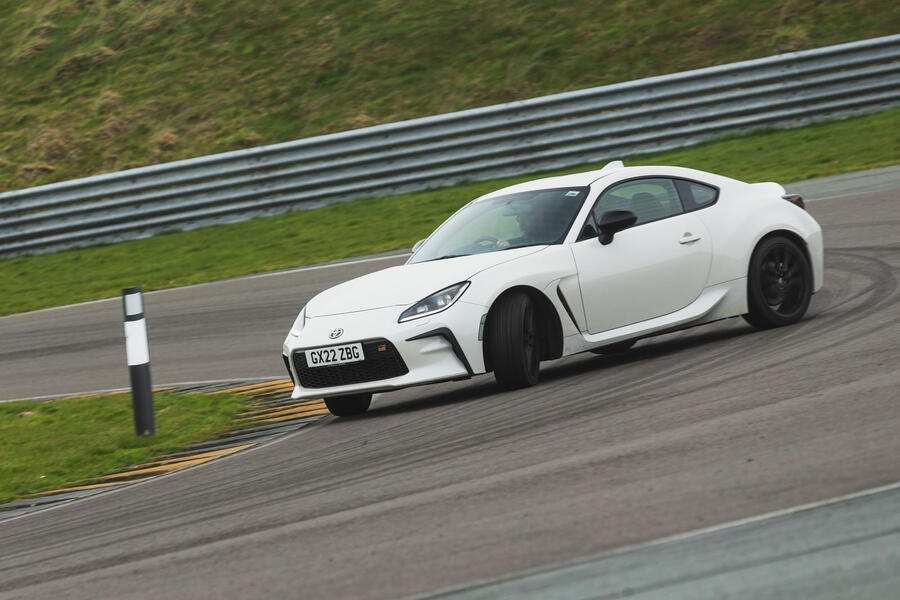

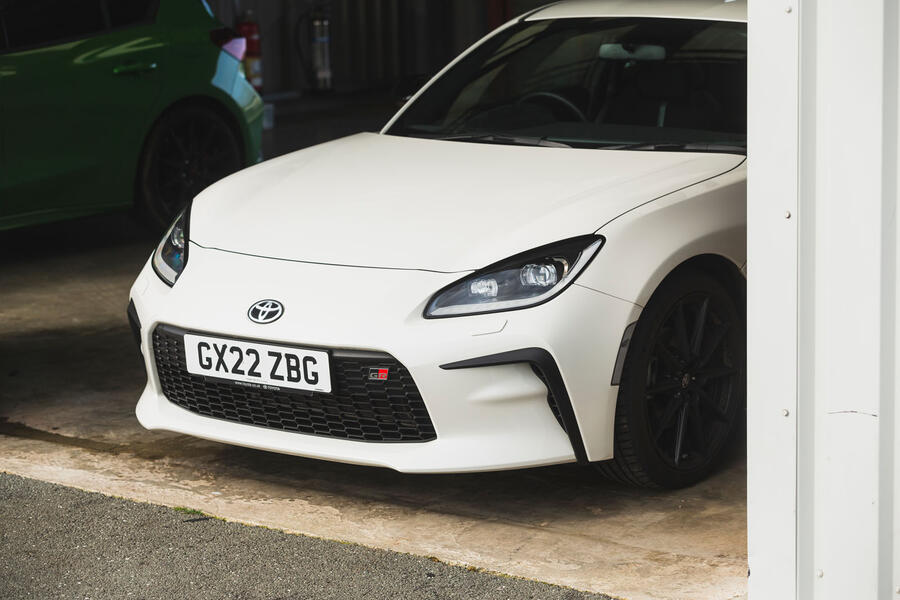
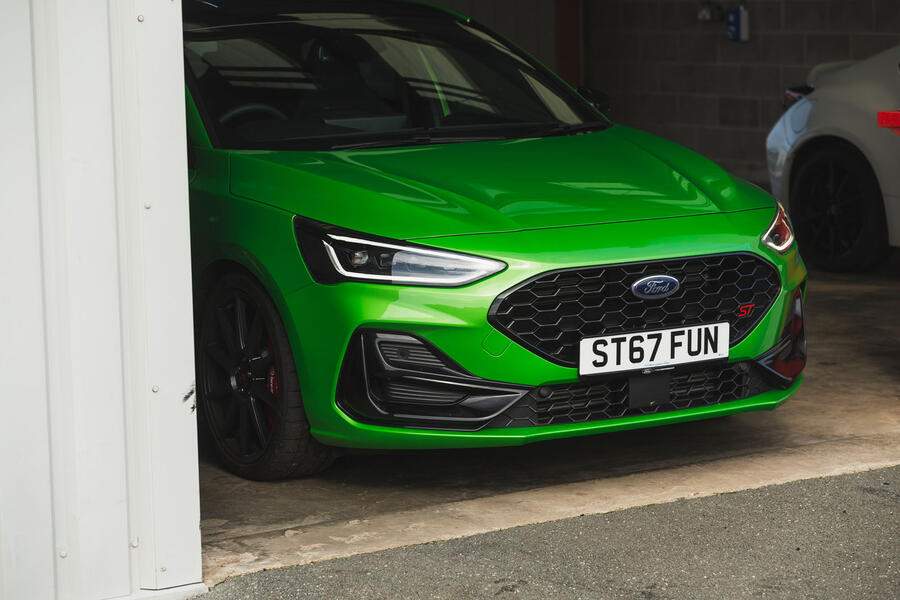




Join the debate
Add your comment
I've never understood the obsessions with lap times and ultimate speed. What matters far more if how enjoyable the car is to drive, especially in normal conditions.
Er, isn't that an obsession too?, what you buy or how you want to drive it is your choice, comparing two cars only give you how they the cars performed, if the cars were driven by the same driver you might get a difference,you will with two drivers.
Interestingly, Toyota specs the GR86 from factory with the non-S version of the Michelin Pilots Sport 4 tyre so looks like they've been up-specc'd by Toyota UK
Still they are both fabulous cars, soon to be lost forever
For once a fairly honest and unbiased appraisal of two cars,I didn't realise how pricey the GR86 was though, I like Fords,I've had five of them , great drives they were, GR86? I liked the shape, wished it had more power that's about all.